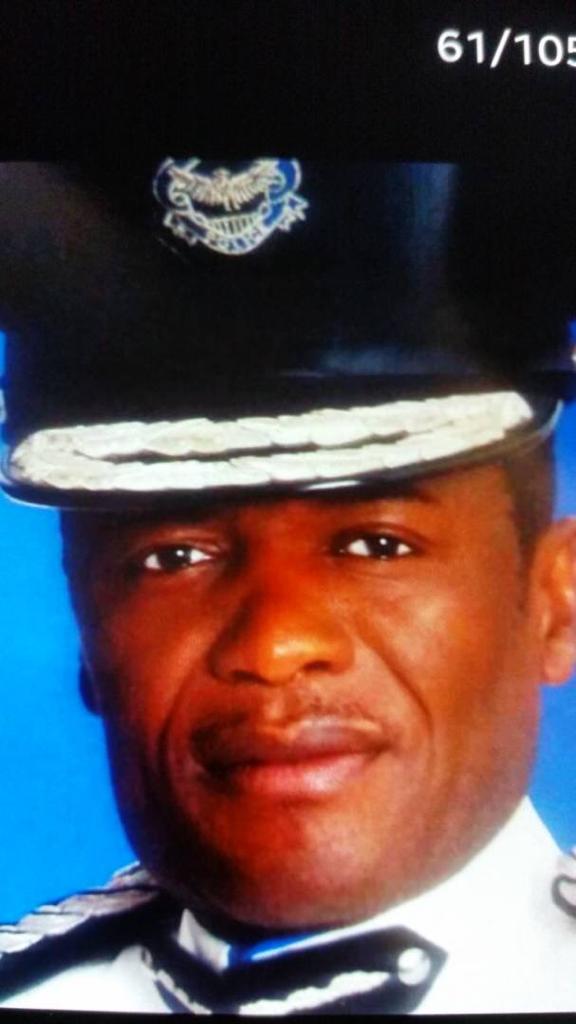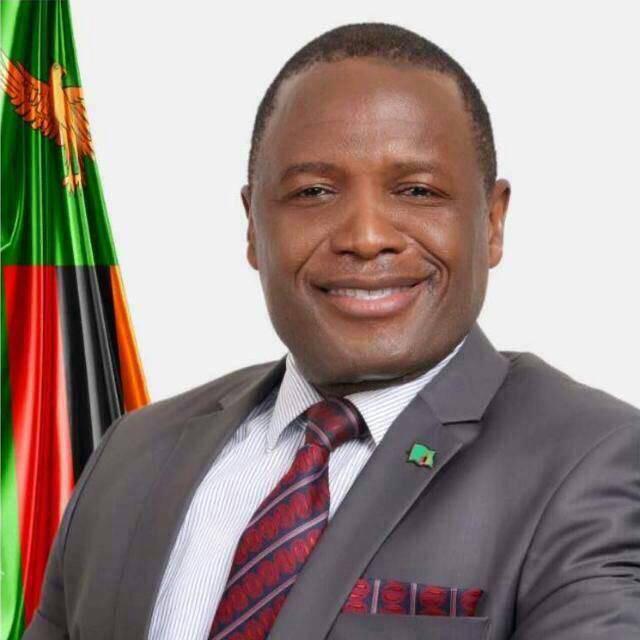The Zambian High Commissioner to Nigeria, Dr Solomom Jere in this interview
reveals how popular Nigerian movies are all over the world but counsels that the content should be with an aim to create a positive image for the country. He spoke with our Editors.
Nigerian movies are very popular in your country. Has it in any way affected the perception of your nationals have about Nigeria and Nigerians?
You know Nigeria is a very popular country in terms of the arts and the music. In other words, we can say that Nigeria has colonized Africa musically and traditionally in terms of attire, in terms of movies. When you go to countries like Zambia, South Africa, Botswana, and not only Southern Africa, but other parts of Africa where I have been to like Rwanda, Ethiopia, you would see people glued to channels watching Nollywood movies. Unfortunately most of the images that are shown, for instance, are things that portray voodooism and too much blood. Sometimes, it is evil versus light, and by the time light becomes successful, much harm has been done. The first cut is the deepest. They would show the evil and the real evil, such that as you go towards the end, the impression that has been embedded in the mind, that which remains is a negative one.
I had never been to Nigeria, because there were various stories about Nigeria. For example, for me and my niece as we were coming to Nigeria, the first picture that I was looking out for was what I was watching in movies. You want to see Nigeria? Just watch the movies. So, that is the picture that exits out there. Nigeria can do a lot to change the perception.
What was the picture you had in mind when you were coming to Nigeria?
In movies, we were watching that the police men to be very corrupt. We were watching Nigerians to be very crooked through the movies. They were showing Nigerians to be advanced in evil; voodooism. But at the same time they were showing some Nigerians to be very spiritual. So, in movies, we see two sides of Nigeria; two extremes of evil and godliness. That was the picture that came to my mind. And for me, I was expecting that once I’m face-to-face with the police officers, I’ll witness all I’d seen in the movies. For you to see how any country is, you see from the officers at the airport. That is one of the indicators. How they treat you, how they welcome you. You see it from the personnel at the airport. So, as we landed, I could see that, first of all, there were no crowds of people. I went inside and when we came out, the police officers that I saw when I came out, were so welcoming. I was amazed. They did not ask for coins or any change whatsoever. As we went down in the hall, a lady was shouting, ‘Foreigners this way, Nigerian citizens this way.’ A good signage was there. Everything was orderly. But I said to myself, I had heard a lot about Nigerians at the airports and in terms of corruption. We have watched in the movies that just to stamp a passport, you have to give something. And we went before the immigration and people were presenting passports there was nothing. They were very professional. This means that what we are watching in movies is not true.
How did you feel when you were told that you were being sent to Nigeria?
When my president said, ‘Jere, you are going to Nigeria.’ I said, what did you say, and kept quiet. The immediate thought that came to my mind was why Lord? What wrong have I done? Of all countries, Nigeria! Because when I was in Australia doing my studies, the Australians asked what country I come from and I said Zambia. They said, ‘Oh, we thought you’re a Nigerian. But have you seen any Nigerian nearby?’ I said not yet but I have one in class. They said, ‘Please, don’t allow that Nigerian in your class into your flat.’ Why? I asked. They said, ‘Nigerians are crooks and dangerous people.’ The same thing happened in New Zealand at Christchurch at Oakland.
In Sidney, I found Australians watching Nollywood movies and they (whites) were addicted watching them. They’re very popular. That’s why I’m saying that Nigerians are undermining the power of Nollywood. Nollywood should be maximized to its fullest potential but one thing which has not been fully controlled is the content. It needs to have a direction and purpose. It should not just be to make money or to excite the public. It can be used to propagate the values of the nation. When I was coming here my president said: ‘Go and liaise with those people in the film industry in Nigeria. We want them to come to Zambia.’
Nigeria has already created a platform for herself. It’s just a question of saying let’s talk about this, let’s talk about that. Once you do it, everybody will listen. You already have millions of followers. The East Africans are trying to imitate Nigerian movies and the beauty of Nigerian movies is that even when it’s done in the indigenous languages, it is subtitled. Government can give it more vigour by funding it and those actors will do amazing things if that happens. Those guys Aki and Pawpaw, Ukwa/Osuofia, they’ve done amazing things. Mr. Ibu. Those are untapped resources. They can do a lot more for your country. I know what my country can achieve if we have something like Nollywood.
I also noticed that the letter ‘I’ on your NTA stands for international. So, I begin to wonder why they don’t utilize the international station to propagate the positive image of Nigeria. My two children for instance refused to accompany me to Nigeria. They said, ‘No, no. There is Boko Haram in Nigeria. Those people also do voodoo. We can’t go there.’ I tried to convince them but to no avail. I told them that when I get to Nigeria, I will get a picture of Nigeria and send it. I had to do a live video for them to watch. I kept on showing them the beautiful things around and now they are more than ready to come and see what Nigeria looks like.

Look at the Nigerian attire that I wear. My children kept saying, ‘Wow, wow, when they see me wearing it during our live videos. You know there’s a wow factor; the agbada, the kaftan, and so on.
“It’s important to show the positive culture of the people. The voodoo movies sometimes would show the light defeating darkness but usually at the end; just a few clips. So, so much evil would have been done before it’s defeated.”
NTA is a government-owned television station, are you suggesting that the government can utilize the station to show more positive programmes about Nigeria?
Tell us a bit about yourself
I’m the firstborn in the family. We were eight; four males and four females. But three passed away. My mum is still there, but my dad died two years ago. I’m a father of two wonderful children. My firstborn, a girl is a medical doctor. The last is a boy; an engineer. They are working in Zambia. Their mother is in Zambia. She’s an inspector of schools.
My background is that of a police officer. I joined the police as a cadet officer. I was just from secondary school. I joined the police in 1984. Then I upgraded myself, went to school, studied, and became a lawyer.
How did you upgrade yourself?
After my first degree, I went for my practicing certificate at the Law Practicing Institute (LPI). That’s the school that grants one a certificate to practice law. After that, I went for my Masters at the University of Technology in Sidney, Australia. I came back thereafter. Then I was invited to come and do my Ph.D. I didn’t even apply. When I was doing my Ph.D., they had a shortage of lecturers. They gave me another course so I could train to be a university lecturer. So, I was doing my Ph.D. and at the same time doing a university lecturers course. Because of that, they asked if I could help as a lecturer. It was a good way of raising money, so I taught for about four to five years. When I wanted to come back, they offered me residency and citizenship but I refused. Then they said, ‘Don’t you know that Africa is poor? You come from a poor country.’ I still refused. I went back to Zambia, put on my uniform, and rose to be Deputy Inspector General of police. From the Deputy Inspector General of police in 2016, I started this assignment of wearing the suits.





